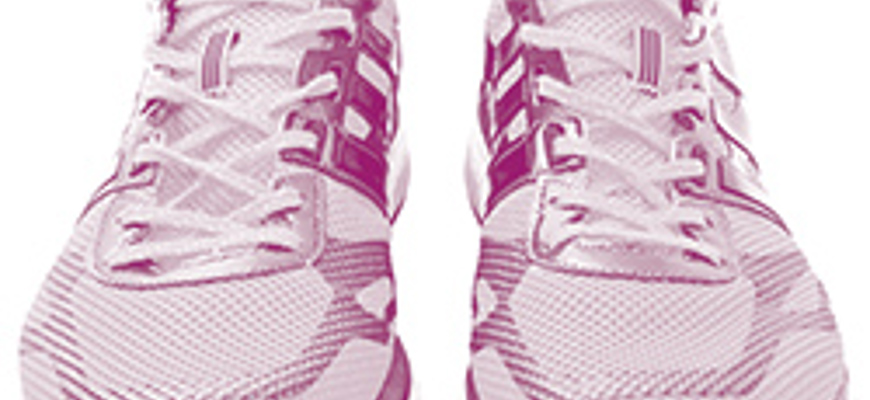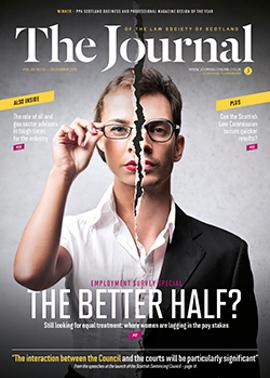Dutee Chand – a marathon for a sprinter

Sport is said to be simple – a contest of physical exertion and skill between people to decide a winner. Play by the rules and there is no need for legal intervention, some say. The landmark 161-page judgment by the Court of Arbitration for Sport in Dutee Chand v Athletics Federation of India and International Association of Athletics Federations (CAS 2014/A/3759) illustrates not difficulties and complexities that law can create in sport, but the reality that the issues sport faces in today’s society are anything but simple, requiring specialist legal assistance, regulation and intervention.
Chand, a female sprinter from India, filed an appeal with the CAS, seeking to have a suspension from participation set aside and also to challenge the validity of the Regulations Governing Eligibility of Females with Hyperandrogenism in Women’s Competition, adopted by the International Association of Athletics Federation (IAAF). The case succeeded, with the regulations held to be discriminatory and to be suspended for two years following an interim ruling by the CAS. With the regulations having been introduced, following consultation with the International Olympic Committee, in the wake of the Caster Semenya difficulties of 2009, Chand’s challenge has had a significant impact.
The facts
Chand had competed since 2007, both nationally and internationally, in junior competitions. In mid-2014 she underwent medical tests by the Indian Federation (an ultrasound scan instead of a blood test) as a form of doping test. Following these and further tests she became ineligible for competition and was provisionally suspended due to high levels of male hormones (hyperandrogenism), being excluded from racing at Glasgow 2014 and the Asian Games as a result.
Four issues were identified by the CAS in the appeal, namely (1) whether the regulations were discriminatory on the basis of a natural characteristic or sex; (2) whether they should be declared invalid due to insufficient scientific evidence that the relevant hormones improve athletic performance; (3) whether they were disproportionate in discriminating on the basis of sex; and (4) whether they were invalid as a form of unauthorised anti-doping sanctions.
Issue 1: discrimination
CAS found that the regulations placed restrictions on the eligibility of certain female athletes to compete. As this was on the basis of a natural characteristic (paras 448-450), it was prima facie discriminatory for female athletes to be subject to testing that male athletes are not (para 448). The regulations were thus discriminatory; the onus to show they were proportionate would then lie with the IAAF.
Issue 2: scientific basis
CAS undertook a very scientific approach to this issue (paras 454-499). The burden here was on the athlete, who was unable to prove her assertions that different testosterones do not impact lean body mass (and as a result sports performance) and that science does not demonstrate testosterone as a material factor in determining athletic performance (paras 473 and 489). CAS was satisfied that “there is a scientific basis in the use of testosterone as a marker for the purposes of the Hyperandrogenism Regulations” (para 499).
Issue 3: proportionate means
CAS was ultimately unable to accept that the regulations should be justified as a reasonable and necessary response to a legitimate need (para 500). On the current science and evidence available, CAS could not conclude that a substantial competitive advantage arose from hyperandrogenism. It could not be satisfied that there was a justification for the discrimination established at issue 1.
Issue 4 – impermissible sanction
The contention that the regulations represented an impermissible doping sanction was rejected by CAS, who stated that “the Hyperandrogenism Regulations… have nothing to do with doping” (para 541). The regulations were an eligibility rule; doping rules “are concerned with limiting the distorting effect of external substances that give athletes advantages over other competitors who have not received the same extrinsic performance aid” (para 543).
What happens next
Setting aside the earlier determination to suspend Chand, CAS gave the IAAF two years to continue to assess the scientific evidence available and assess whether or not the regulations could be justified; the evidence will need to show that a significant competitive advantage is gained by athletes with the condition of hyperandrogenism. Otherwise, the regulations will be permanently scrapped (at least in their existing form). The flexibility demonstrated by CAS in issuing an interim ruling, allowing the CAS to revisit the matter in due course, will likely be welcomed by both parties; Chand has been able to compete in her favoured discipline – sprinting – whilst the marathon of her dispute with the IAAF continues. Who will win in the long run? We’ll need to wait and see.
In this issue
- Dealing with mistakes as a trainee solicitor
- Landlords: police or prisoners?
- The evolving duty of trust and confidence
- The nobile officium: still relevant, still useful
- Reading for pleasure
- Opinion: Davinia Cowden
- Book reviews
- Profile
- President's column
- One year on
- People on the move
- Equal with whom?
- Sentences by the book
- Weathering the storm
- Law reform: securing a result
- There ought to be a law
- Reform in the air
- Taking a stand against slavery
- Where the bill falls short
- IP disputes and the corporate veil
- Bar reports no more
- Dutee Chand – a marathon for a sprinter
- Scottish Solicitors Discipline Tribunal
- Advance notices and letters of obligation
- Another school round for YFIL
- Aileen takes up key membership role
- Criminal practice note alert
- Law reform roundup
- My time for nothing
- Mentoring: the neighbour principle
- Magic bullets
- Recognising paralegals
- Commission on a mission
- Ask Ash
- You had your say






